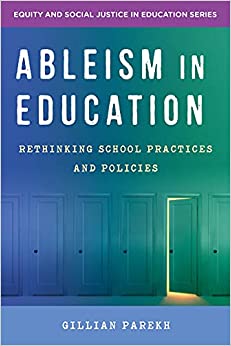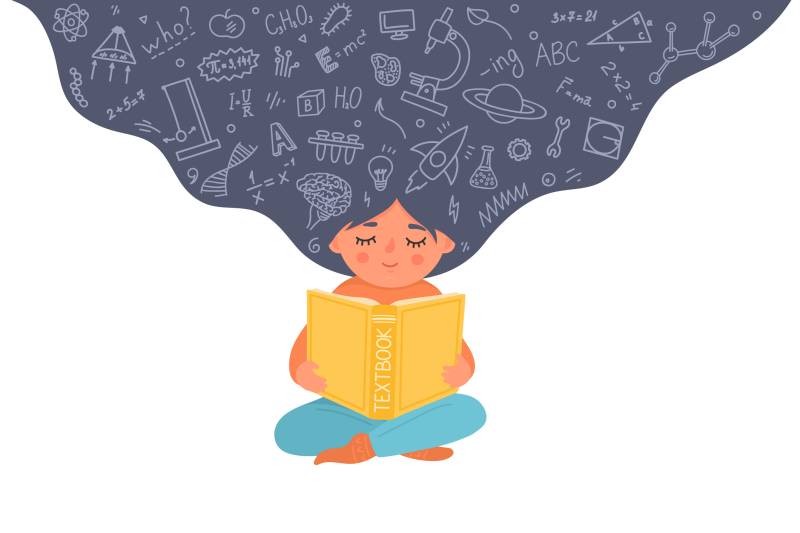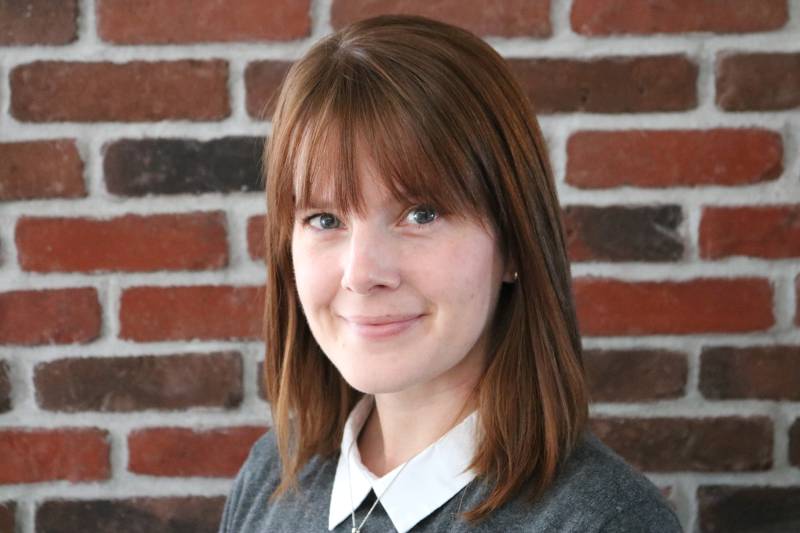Excerpted from “Ableism in Education: Rethinking School Practices and Policies” by Gillian Parekh. Copyright © 2022 by Gillian Parekh. Used with permission of the publisher, W. W. Norton & Company, Inc. All rights reserved.
Approaches to development that are understood as linear and espoused by developmental psychology are quite popular in traditional schooling. For children who do not meet identified developmental expectations, schools typically respond with stigmatized interventions that can powerfully shape the academic, social, and behavioral expectations of educators (such as many of those offered through special education). Education’s adherence to the principles of linear development falsely assumes a universality in childhood experience. It also simultaneously narrows accepted pedagogical approaches to schooling. Linear and individual notions of developmentalism have been so deeply ingrained in our collective approach to education that its consequences often go unseen or are normalized. But it does not go unexperienced.
 In many cases, highly sought-after behavioral, mobility, and psychological interventions have been reconceptualized as harmful toward the body, mind, and psyche of disabled people (Giangreco, 1996; Parens, 2006; Starr, 1982). For many children and their families, there is relentless pressure to pursue normalization through surgeries, therapies, and interventions. But when is “enough, enough?” When do we stop requiring people to conform to a constructed norm? When do we stop pushing for people to walk or talk in normative ways and instead acknowledge and embrace difference? This tension may be one of the most challenging to resolve within disability studies. However, it still remains an important tension for educators to hold in their work with students and their families.
In many cases, highly sought-after behavioral, mobility, and psychological interventions have been reconceptualized as harmful toward the body, mind, and psyche of disabled people (Giangreco, 1996; Parens, 2006; Starr, 1982). For many children and their families, there is relentless pressure to pursue normalization through surgeries, therapies, and interventions. But when is “enough, enough?” When do we stop requiring people to conform to a constructed norm? When do we stop pushing for people to walk or talk in normative ways and instead acknowledge and embrace difference? This tension may be one of the most challenging to resolve within disability studies. However, it still remains an important tension for educators to hold in their work with students and their families.
How Educators Can Adopt More Holistic Developmentalism in Their Work
In education, there is an expectation that educators should have a working understanding of developmentalism, one that will inform educators’ approach to classroom strategies, assessment, and behavior management. But educators can resist employing a deficit or pathology-oriented understanding of developmentalism by adopting frameworks that emphasize the relational context between children’s development and the conditions in which they live and grow. When acting on assumptions related to developmental expectations, educators can draw from an array of theories that focus on social-relational and sociocultural approaches such as those forwarded by Vygotsky (Mahn, 1999) and Bronfenbrenner (Bronfenbrenner 1986/1992). There are also Indigenous understandings of childhood development that have a deep appreciation for cultural and historical contexts (ShadowWalker, n.d.). For example, the Public Health Agency of Canada released their report on Indigenous child, youth, and family health and described the rich context in which children’s health and development should be considered:
Young Indigenous children experience many health disparities, which can largely be attributed to the socio-economic, environmental, political and historical conditions in which they live. High quality, holistic and culturally relevant ECD and care programs provide a promising avenue for addressing these health disparities by optimizing Indigenous children’s physical, emotional, psychological, cognitive and spiritual development, giving them the best start in life and ultimately addressing health disparities over the long-term. (Halseth & Greenwood, 2019, p. 7)



 Gillian Parekh
Gillian Parekh